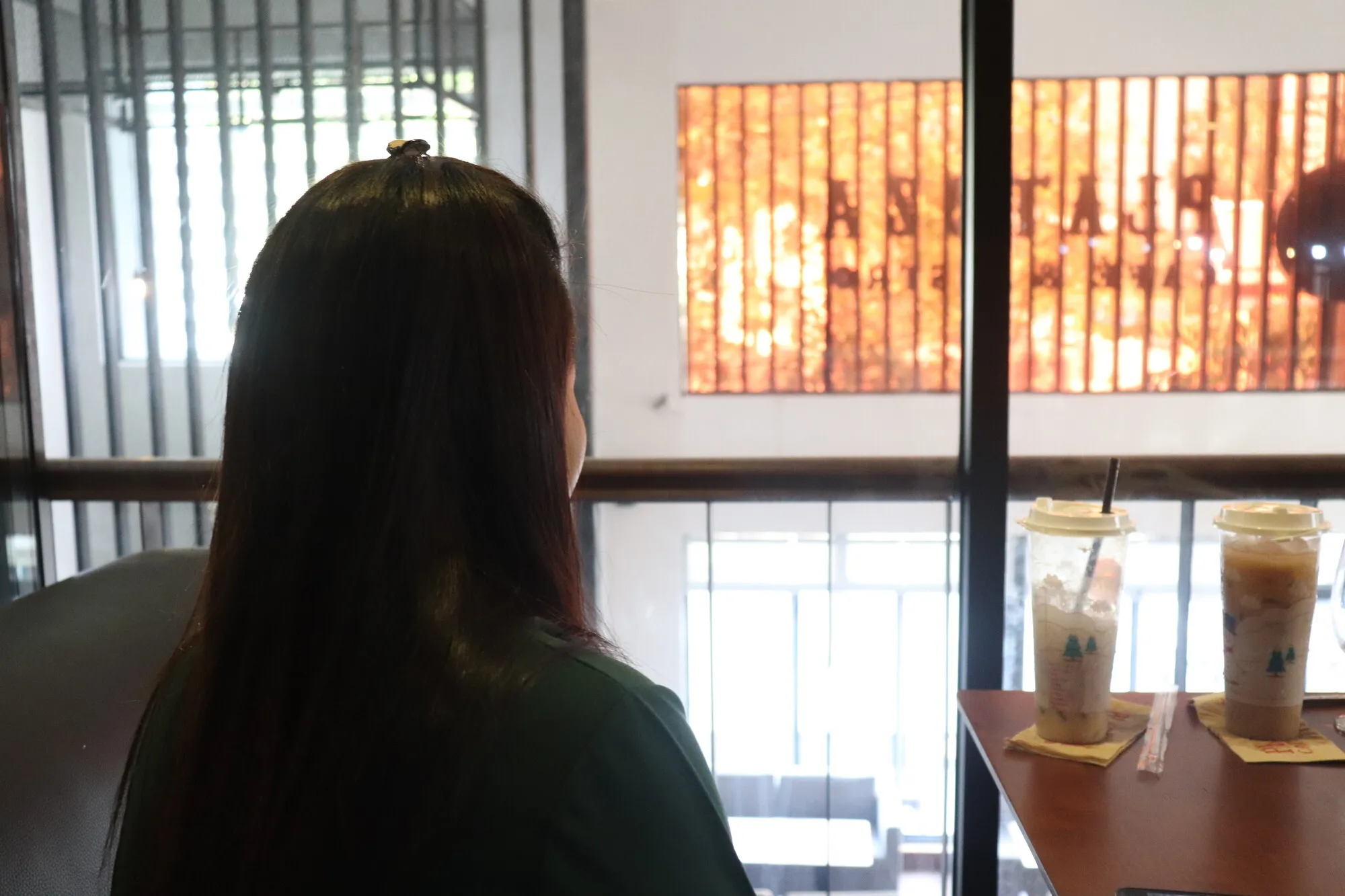As a single mother in Phnom Penh, Cambodia, Nary holds down multiple jobs to support her family. She started as a beer promoter in 2007 and now runs a laundry business from her home and works as a supervisor at a karaoke bar to make ends meet. Despite the hard work and long hours the 36 year old puts in to support her mother, 7-year-old son, and two nieces, she’s faced discrimination for working in the bar and entertainment industries. The job cost Nary her partner, who left her for another woman.
“Women didn’t dare speak the truth in public or challenge injustices.”
“I was looked down upon by society because they saw my career as a beer promoter as being for bad or improper women,” she says. “I kept going with that job because it was all I had, and it was legal. Big beverage companies spend millions of dollars on their business, and we were just the promoters for their products.”
The job also poses high risk of sexual violence and abuse, something she’s encountered a lot of after more than a decade in the industry. When she was working as a beer promoter, she says, “Some customers grabbed my body with force. Some asked me to sleep with them. … One of my customers dragged me to his car. Luckily, the bar owner stopped him and took me back. I am so thankful for being saved. I don’t know what that man would have done to me.”
Now, working at a karaoke bar makes for its own dangerous confrontations with aggressive men, especially for the hostesses who often work behind closed doors. Refusing the advances can be risky.
“When we say no, they become aggressive and break their cups or wine glasses in front of us. Karaoke bars are places where most male customers expect to be able to sexually harass the workers, so they expect the privilege of touching the women’s bodies without any consent,” she says. “Women working there just try to accept this even though we are not happy about it and feel pressured. We need money to feed our families.”


